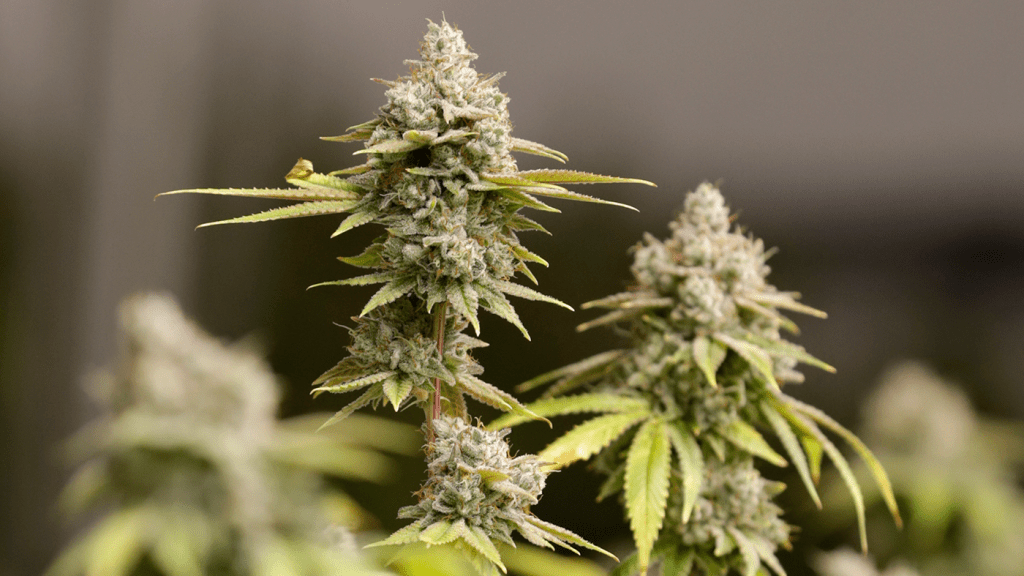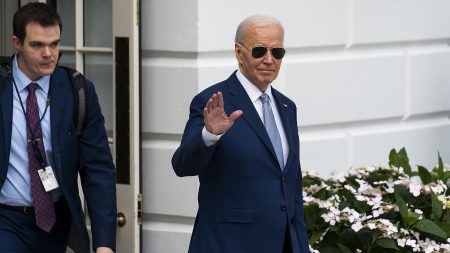Massachusetts Gov. Maura Healey (D) declared on Wednesday her intention to pardon misdemeanor marijuana possession charges, a decision that could affect hundreds of thousands of Bay State residents.
“No one should encounter obstacles in obtaining a job, housing, or education because of an outdated misdemeanor marijuana conviction that would not be charged today,” said Healey in a statement. “We're taking this leading action as part of our commitment to using the clemency process to promote fairness and equity in the criminal justice system.”
Healey praised the action as a follow-up to President Biden’s federal pardon federal pardon of marijuana possession charges in 2022 and expansion of the move in December, which impacted thousands of people.
Biden had called on states to follow his lead.
“Just as no one should be in a federal prison solely due to the use or possession of marijuana, no one should be in a local jail or state prison for that reason, either,” he said last year.
The pardons would apply to simple marijuana possession charges and not to those that include distribution, trafficking or driving under the influence, the governor’s office said. Most people impacted by the pardons would not have to take action.
Healey's proclamation must first be approved by the Governor's Council. The pardons would take effect immediately upon the Council’s approval, though they would take time to update in state records, the governor’s office said.
State Attorney General Andrea Joy Campbell (D) praised the action as critical to rectify racial injustices in policing.
“Convictions for simple marijuana possession — which someone could not be charged with today — have led to the disproportionate incarceration of Black and brown people and made it nearly impossible for them to obtain a job, housing, educational opportunities and more,” Campbell said in a statement. “As the AG’s Office also works to address injustice and close the racial wealth gap, this proposed pardon meaningfully moves the Commonwealth in the right direction.”
Marijuana was legalized in Massachusetts in 2016, and a booming industry has formed in the state despite the drug remaining illegal federally.
Multiple other states have also made mass-pardons for marijuana possession offenses in recent years, including Missouri, Connecticut and Rhode Island.









